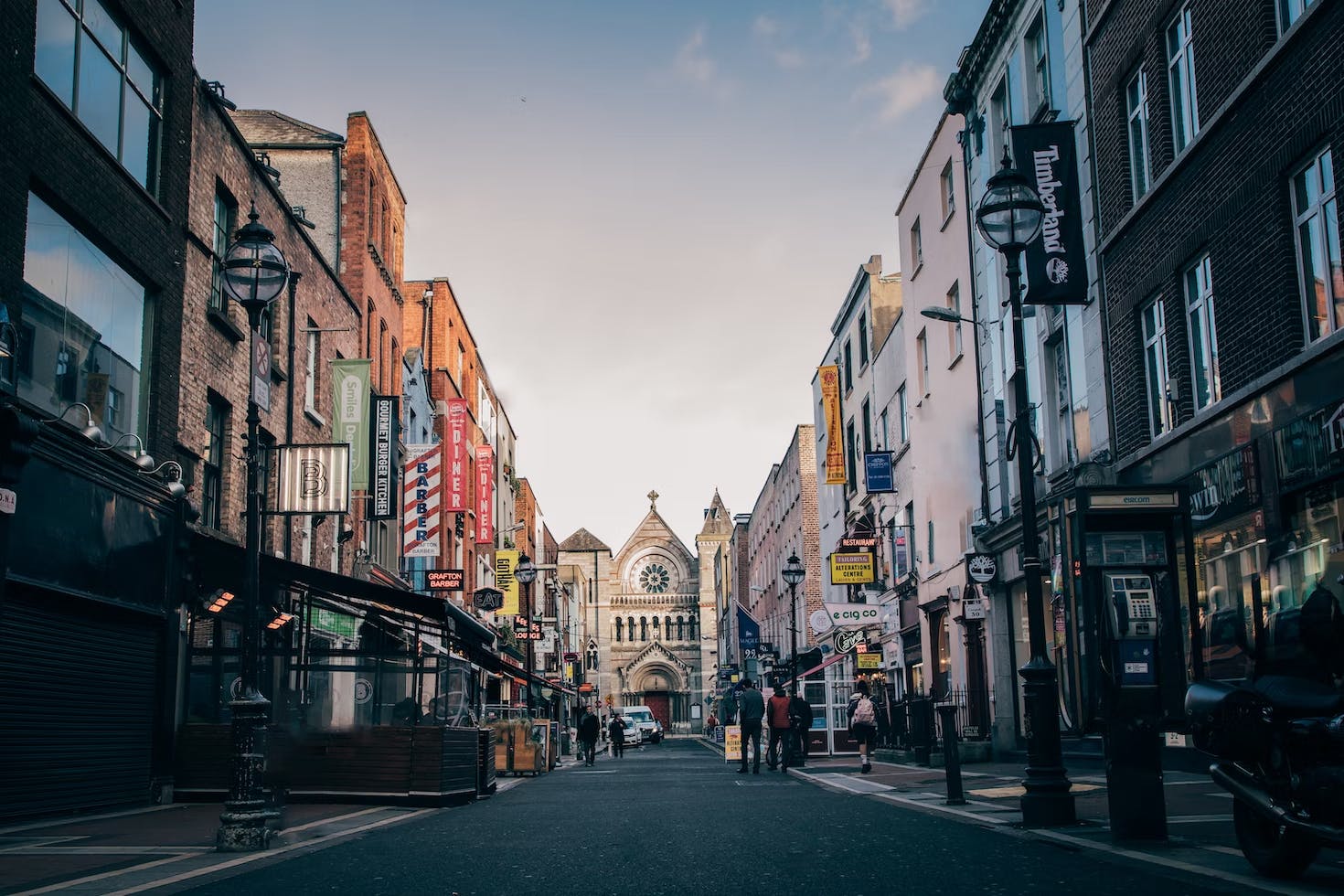1. A Wake-Up Call For The Travel Industry: The Underlying Challenges That Pose A Risk To Destinations And Businesses
The past three years have seen the industry face unprecedented challenges due to the pandemic, but cautious optimism prevails as the future unfolds. Key obstacles include climate change, demographic shifts affecting labour, digitization, and the ongoing energy crisis. The EU has made progress in renewable energy use, increasing it from 5% to 15.5% between 1990 and 2019, but achieving the remaining 85% goal in the next two decades still seems far off and will require significant innovation and investment. By now it’s well known that the travel industry must address these challenges by accelerating decarbonization, preserving natural environments, integrating migrants into the workforce, and offering flexible travel options. As travel behaviour evolves post-revenge travel and with high inflation rates, these solutions will become increasingly important (see the IFO Institute’s analysis at the ITB Convention).
2. Reinventing Their Mission And Purpose: How DMMOs Are Adapting To New Challenges
To effectively navigate the rising uncertainty, complex crises, and social disruptions, destinations must embrace sustainable and innovative strategies that go beyond conventional tourism marketing. Focusing on sustainability, addressing climate challenges, and tackling developmental issues must now become integral components of destination governance. This requires an overhaul of destinations’ main goals, from reimagining places beyond tourist attractions to prioritising employee well-being.
Some pioneers are already moving in this direction, with initiatives ranging from new KPI scorecards in NWR and the social enterprise model of Vancouver to Metaverse avatars that enable tourism workforces in Malaga to better cater to diverse visitors. A receptive local government and a supportive business ecosystem are essential ingredients here. Moreover, inspiration can be drawn from other industries, such as human resources practices, while fostering a sense of belonging within a network that transcends mere revenue generation.
3. Closing The Perception-Action Gap: Identifying Solutions For A Sustainable Future
While sustainability is becoming increasingly important to travellers, many speakers at the ITB Convention noted a significant gap between consumer perception and what’s actually being done on the ground. To bridge this gap, our industry must offer relatable and manageable solutions, including diverse options, incentives, and tools to help travellers understand their impact. Germany's upcoming €49 per month ticket for trains, buses, and trams to travel throughout the country is an example of a step towards fostering sustainable travel by providing an affordable and environmentally-friendly option for domestic travel.
The industry must also address challenges related to the measurement of greenhouse gas emissions and engage in transparent communication with consumers. Based on a report presented by the UNWTO last week, only 20.7% of tourism organisations committed to climate action were able to measure their greenhouse gas emissions in 2021.
4. Inclusive Travel: Creating Positive Impact by Celebrating Diversity in our Places
As the world continues to grapple with the effects of the pandemic, it's important to remember that the pandemic has only served to amplify the pre-existing vulnerabilities faced by some groups such as people of colour and the LGBTQ+ community. These inequalities have highlighted the need for dignity and respect for all.
As LGBTQ+ travellers hit the road, they're not just looking for a good time – they're seeking to create a positive impact on the places they visit, for instance, by supporting local SMEs, LGBTQ+-owned businesses, and the wider community. By engaging in sustainable travel practices, they are not only promoting sustainability but also having the potential of creating more resilient and welcoming communities at the local level for all.
5. The Vibrant Spectrum of Post-Pandemic Business Travel
Post-pandemic, the travel industry is witnessing a rise in 'blended travel,' characterised by a fusion of business and leisure motivations. As blended travellers tend to spend more and travel off-season, among other characteristics, this presents diverse opportunities for the hospitality sector. Companies are adapting to this trend by embracing hybrid work options and prioritising employee wellbeing, revealing the multiple dimensions shared by leisure and business travel.
6. Post-Pandemic Activities Landscape: Guided Tours, Smaller Groups and the Rise of Short Video Content
In the evolving post-pandemic travel landscape (Tour Activity and Attractions), there is a growing demand for guided tours and outdoor activities, with a preference for smaller groups and family-focused products. Challenges such as labour shortages may lead to increased prices, while the need for nurturing client connection prevents operators from embracing further technology. Authentic content, particularly short videos on platforms like TikTok, is becoming increasingly important in influencing travellers' decisions, as it provides a genuine insight into destinations.
7. Blockchain: Cutting Through the Hype
While initially touted as a game changer, blockchain's impact on the travel industry has been less significant than expected. The technology's benefits, like transparency, may not always be desirable for certain sectors. However, some areas, such as loyalty programs (partnership between Singapore Airlines and KrisPay), show potential. To effectively implement blockchain, the focus should be on demonstrating its real-world value, carefully evaluating the technology's pros and cons, and involving business departments to ensure decisions are based on industry-specific needs and practical considerations.
8. Metaverse and AI Adoption: Balancing Innovation with Practicality in Travel
The transformative power of the Metaverse and AI in travel relies on finding the right business models to generate viable use cases addressing travellers' needs. It is crucial to maintain a pragmatic perspective, looking beyond hype cycles, and recognizing the comprehensive potential of these technologies, such as autonomous vehicles (AI) or augmented operation (Metaverse), in the travel industry.
Today, we’ve covered the tip of the iceberg when it comes to the wealth of information that we absorbed at ITB in Berlin this year. The team at TOPOSOPHY works throughout the year on gathering and interpreting insights from the travel industry and beyond that can help you to make informed decisions and build strategies that last. Want to know more, then just drop us a line at info@toposophy.com

